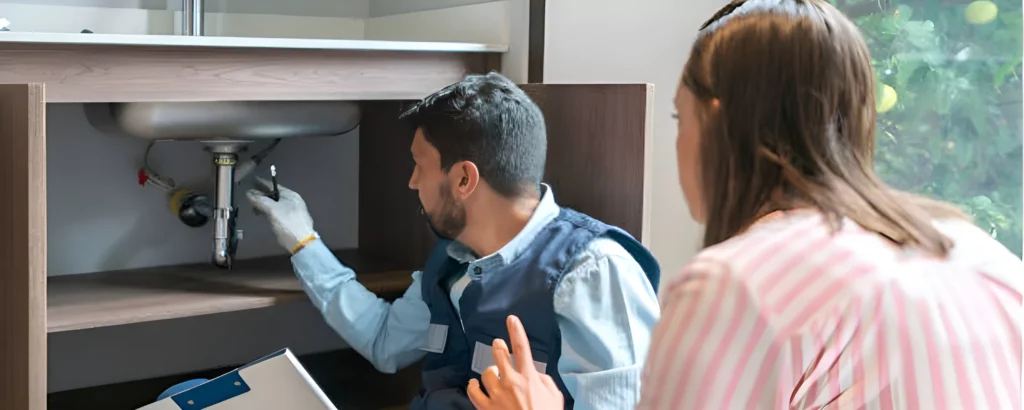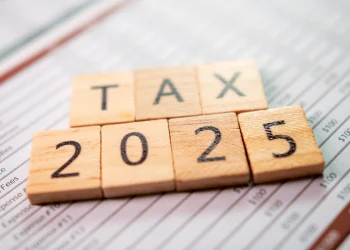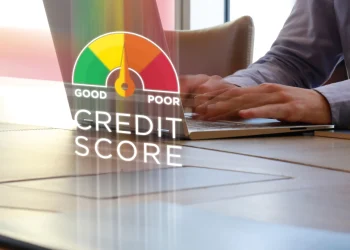As someone who’s lived in both rental properties and owned homes over the past 15 years, the whole rent vs buy debate is one that I’ve put a lot of thought into on multiple occasions. There are rational arguments on both sides, and ultimately the best choice comes down to your unique priorities and financial circumstances at a given point in life. Let’s take a closer look at some of the major pros and cons to consider.
Summary
- Owning a home can provide greater long-term financial returns compared to renting.
- Homeownership comes with expensive maintenance and repair responsibilities.
- Renting provides more flexibility to relocate for job changes or other life circumstances.
- The decision to rent or buy should be based on individual financial profile, lifestyle factors, and personal priorities.
Financial Costs and Returns
While buying does require higher upfront costs like a down payment, closing fees, and ongoing property taxes, owning a home can provide greater long-term financial returns compared to renting. Over decades of making monthly mortgage payments, you’re gradually building equity in an appreciated asset with each dollar you pay down.
Research shows the average homeowner recoups around 75-80% of their original purchase price when selling, even after accounting for transaction fees. On the flip side, with renting you throw away your monthly payments with nothing to show for it in the end. However, homeownership does lock you into shouldering expensive maintenance and repairs down the road that renters don’t have to worry about. You’ll want to crunch the numbers for your market and situation to determine which option has better long-run dollars and cents benefits.
Lifestyle Factors and Flexibility
Renting hands down provides more flexibility to pick up and move at the end of a lease period without hassle or major financial obligations if you need to relocate for a job, change family size, or various life stages. On the other hand, buying essentially anchors you to one location for at least 5-7 years, or longer if a quick sale wouldn’t recover your initial investment. So renting may make more sense during transitional periods where work or personal situations could shift. Homeownership, while less mobile, can offer a stable base and a sense of putting down roots in a community you love. Weigh your current lifestyle factors against how settled you foresee your situation being in both the near and mid-term future when considering rent vs buy.
Tax Benefits of Ownership
As long as you claim itemized deductions on your tax return, mortgage interest, and property taxes paid throughout the year are tax deductible as a homeowner. For many, these deductions lower their tax bill by thousands annually. Over time, this can amount to major savings versus renting. However, itemizing deductions isn’t worthwhile for everyone from a tax perspective. You’d need to run your numbers both ways to see if those deductions are substantial enough to make ownership the better tax choice in your tax bracket. Being aware of any future tax law changes is also prudent when factoring this benefit long-term.
Maintenance Responsibilities and Expenses

When renting, your landlord handles all repairs, maintenance, and replacement of things like appliances, systems, and fixtures over the years. As a homeowner, those ongoing costs are now entirely your responsibility to bear. From fixing a leaky pipe to replacing an aging HVAC system or roof, the monetary obligations of maintenance add up fast, sometimes with little warning.
While you have more freedom to customize and update your space at will with ownership, the tradeoff is suddenly owning every repair bill. It’s wise to factor in a regular “maintenance fund” each month when budgeting homeownership costs. Unexpected expenses can be annoying to renters but financially ruin an unprepared homeowner.
Personal Considerations and Intangibles
Beyond financial aspects, owning property also involves emotional considerations. Having your place can give a strong sense of control, stability, and belonging that renting lacks for many. Things like landscaping how you want, having pets, and hosting family represent meaningful quality of life aspects. However, the same responsibilities of upkeep that provide freedoms also create stress. Renting allows an easier approach to life, with fewer worries shouldered.
Conclusion
As you can see, properly weighing rent vs buy requires digging into your individual financial profile, lifestyle factors, and personal priorities at a given life stage. I hope exploring some of these key pros and cons in-depth has helped provide a framework to make the decision that aligns best with your goals. With thorough analysis on the front end, you’ll have confidence in knowing which route is right for your needs both today and down the road.













